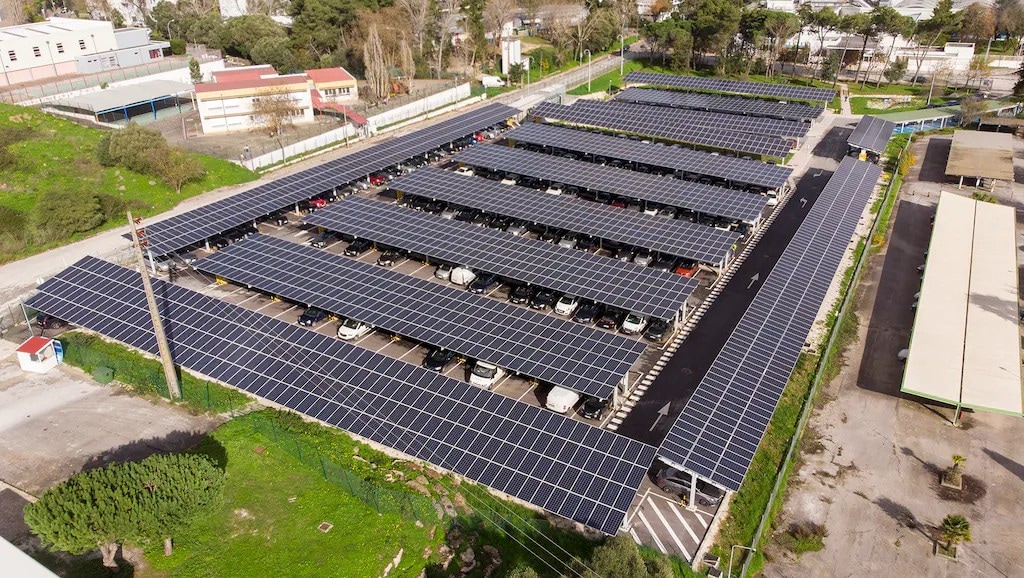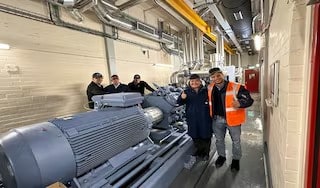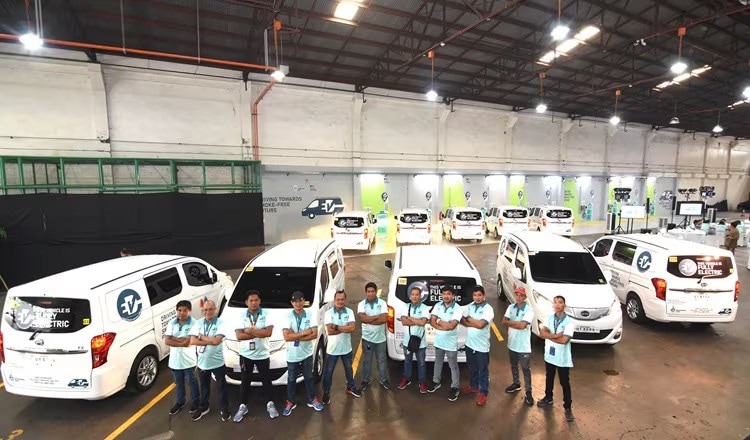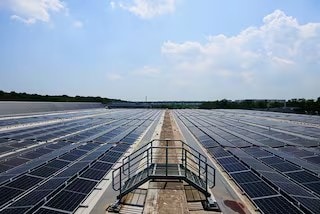In alignment with PMI’s global business and sustainability strategy, Tabaqueira, a subsidiary of Philip Morris International (PMI) located in Sintra, Portugal, has taken decisive steps in relation to tackling climate change. As a leading national exporter and one of PMI’s main production centers, Tabaqueira recognizes the importance of minimizing its environmental footprint.
The path to carbon neutrality
In line with PMI’s global climate strategy to reduce emissions, switch to renewable energy, and compensate for unavoidable emissions, for more than a decade, Tabaqueira has been dedicated to reducing its carbon footprint and increasing the energy efficiency of its operations.
Before embarking on its decarbonization journey, the factory faced challenges with energy consumption and reliance on fossil fuels. Recognizing the opportunity to lead by example in the transition to more sustainable energy solutions, Tabaqueira decided to transform its operations in Sintra through various inter-connected projects.
In 2020, the factory received its carbon-neutrality certification (PAS 2060) reflecting Tabaqueira’s ongoing commitment to reducing its greenhouse gas (GHG) emissions. Tabaqueira has been able to make progress by measuring its carbon footprint using recognized methodologies, optimizing energy consumption, and compensating for unavoidable or residual emissions. It’s important to note that this journey is much more than a series of technical adjustments: It is a story that involves innovation, resilience, and awareness of the impact on the local community and the environment.
Harnessing the sun: Tabaqueira’s solar park initiative
One of the standout initiatives in Tabaqueira’s sustainability journey was the inauguration of its first photovoltaic solar park in 2022. Spanning an impressive 5,525 square meters, it generates seven percent of the energy used in the factory, directly contributing to the production processes.
But the impact doesn’t stop there; the clean energy produced also powers the EV charging stations for Tabaqueira’s fleet of electric and plug-in hybrid vehicles, further contributing to reducing the company’s carbon footprint. This investment is part of the Energy and Environment Program, under which Tabaqueira has invested EUR 7 million between 2019 and 2022. The program aims to enhance the factory’s energy efficiency and reduce its dependence on fossil fuels.
“This investment in Portugal demonstrates our serious commitment to the country,” said Marcelo Nico, Managing Director PT, PMI Tabaquiera General Management. “Since 2010, we have been investing in cutting-edge technology and energy efficiency. As an employer that is essential for Portugal’s industry and economy, we are working hard to respect the principles of preserving nature while reducing our impact in the environment. Sustainability is at the heart of our actions, whether because we are transforming the products we develop, or through the good environmental practices we implement daily. As a private sector business, we understand that we have the purpose of leading the change towards a better future. This investment is another step in this direction.”
Driving toward a better future
Tabaqueira’s aspiration to support a more sustainable future extends beyond the factory walls. The company has also invested in its vehicle fleet, progressively electrifying transport operations. Sustainable powertrains have been implemented at factory and headquarters locations since 2022. In addition, Tabaqueira’s implementation of its e-learning course reached 89.5 percent of its drivers in 2024. This is important because drivers learn how to maximize fuel economy, control their speed, and integrate stronger safety measures. Lastly, as of the time this article was published (October 2025), 97 percent of the vehicles are hybrid, plug-in hybrid, or electric vehicles, and the aspiration is for car fleet renewals to be 100 percent electrified vehicles, including electric and plug-in hybrid models.
This initiative has been essential for reducing transport-related emissions and contributed to the company’s commitment to achieving carbon neutrality, a clear demonstration of how the company is driving change—both literally and figuratively—toward reducing its environmental impact.
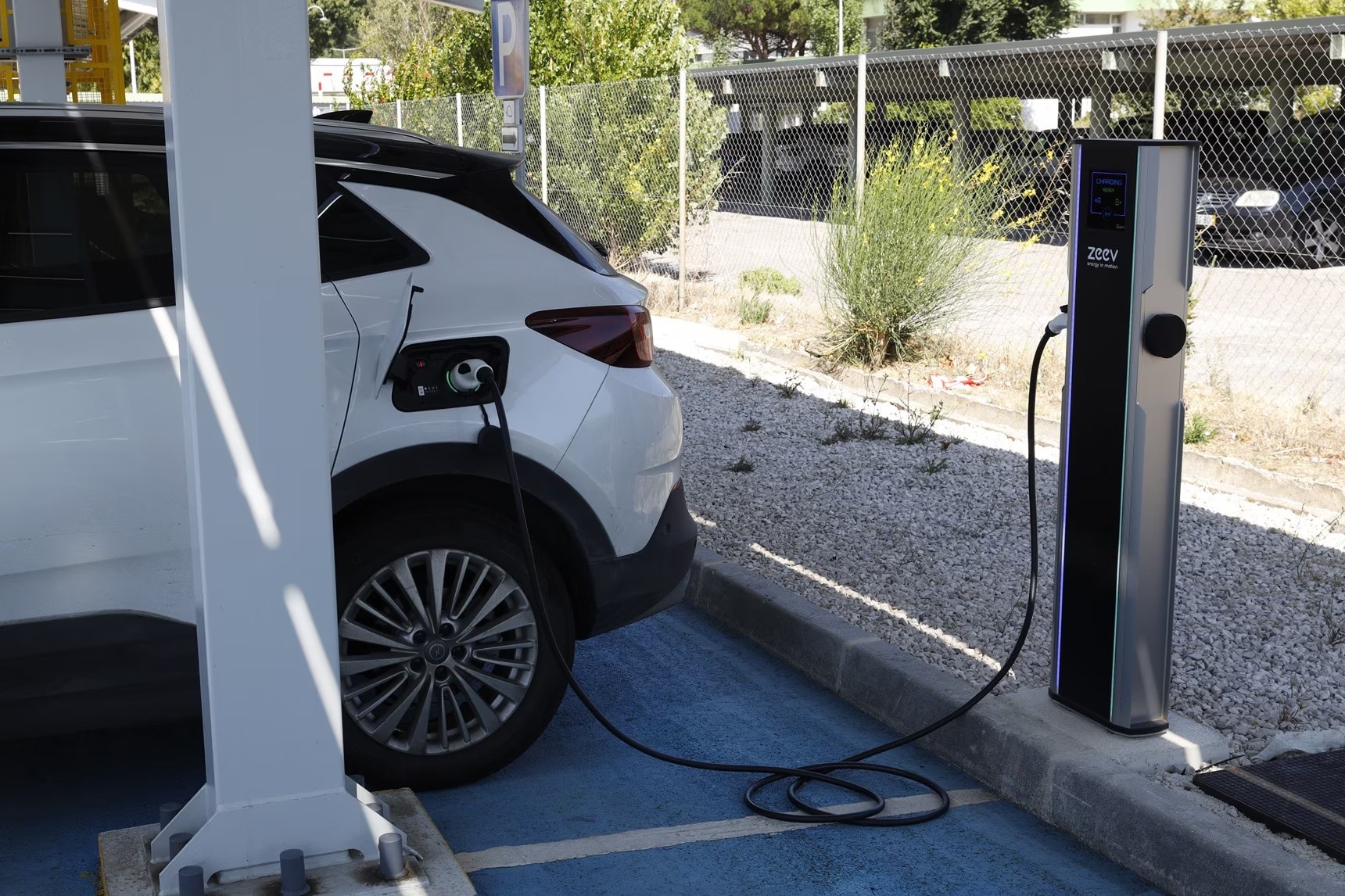
Image: Electric charger for cars at Tabaqueira’s factory linked with solar park
Community impact: Partnership with the SMILE carbon-neutrality project
Tabaqueira’s initiatives extend beyond its factory walls and into the local community. In March 2024, in partnership with the Sintra Municipality, Tabaqueira hosted a delegation from the Promoter Project—a program supported by the European Union—that brings together European cities to share best practices in environmental sustainability.
In addition, as part of the collaborative initiative Sintra Motion & Innovation for Low Emissions (SMILE project), Tabaqueira plays an active role with others in promoting low-emission mobility within the local community. The company is part of SMILE’s Advisory Council multi-stakeholder platform with the Aga Khan Foundation and Sintra Municipality, along with other partners, including academia and startups and local community associations. The goal of the SMILE project is to transform Bairro da Tabaqueira, the neighborhood where the factory is located and many employees reside, into a place where carbon-neutral approaches are tested and implemented.
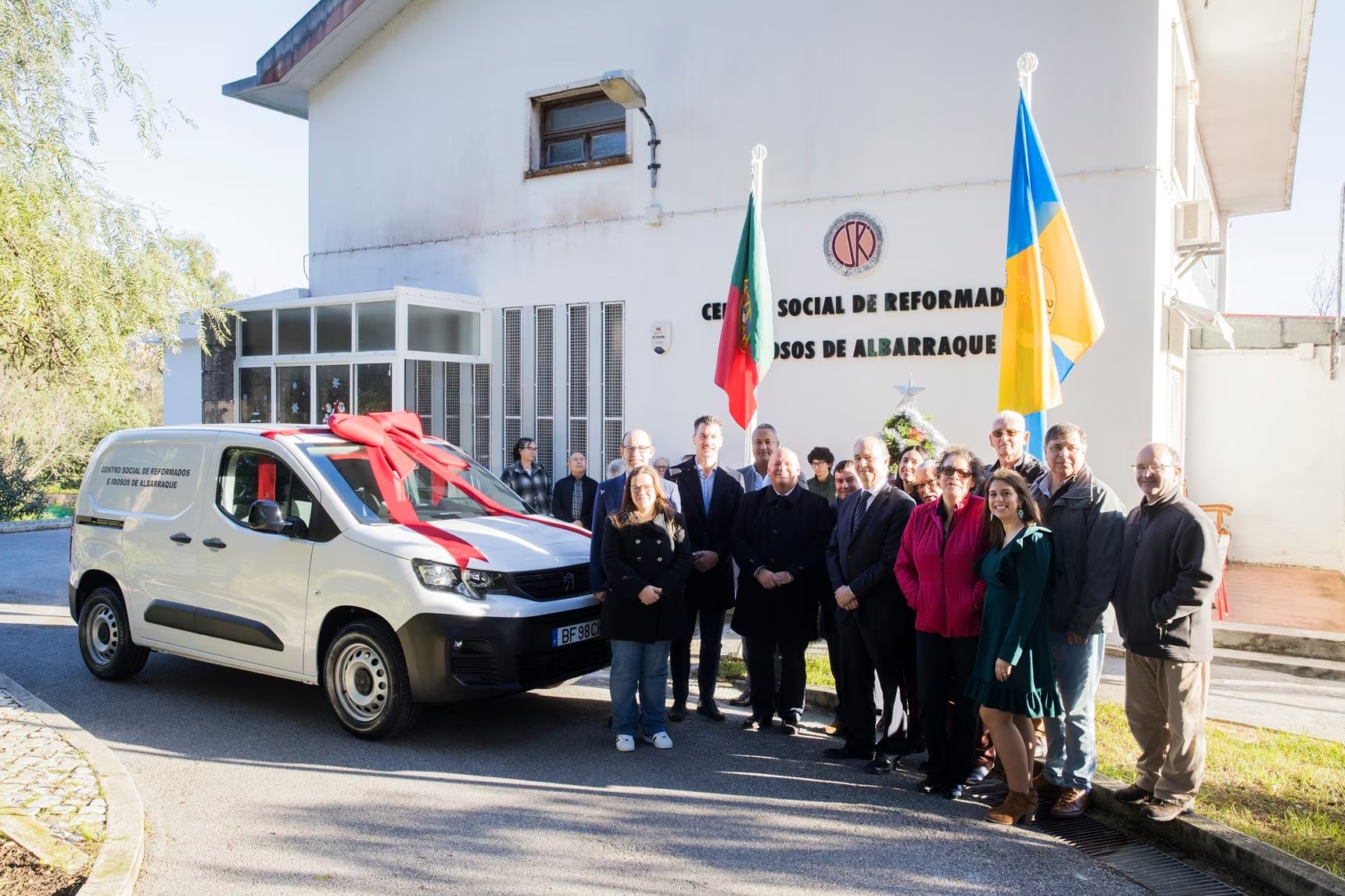
Image: Marking the donation of an electric vehicle from Tabaqueira to the Elderly of Albarraque Social Center, with Tabaqueria and Sintra Municipality representatives.
Looking ahead
Building on these achievements, the next major milestone will be the expansion of renewable energy generation capacity. In 2024, Tabaqueira launched the construction of a new solar park that aims to increase its current energy production for self-consumption by approximately 4.5 times. The facility is scheduled to be completed by 2026.
“Through this series of strategic investments, community collaborations, and technological innovations, Tabaqueira has been showing that it is possible to combine manufacturing success on a large industrial site while significantly reducing its carbon footprint,” said João Brígido, Director Manufacturing Portugal.
Disclaimer: This market story should be read in conjunction with Integrated Report 2024 and the 2024 FY actuals for selected EHS data:

